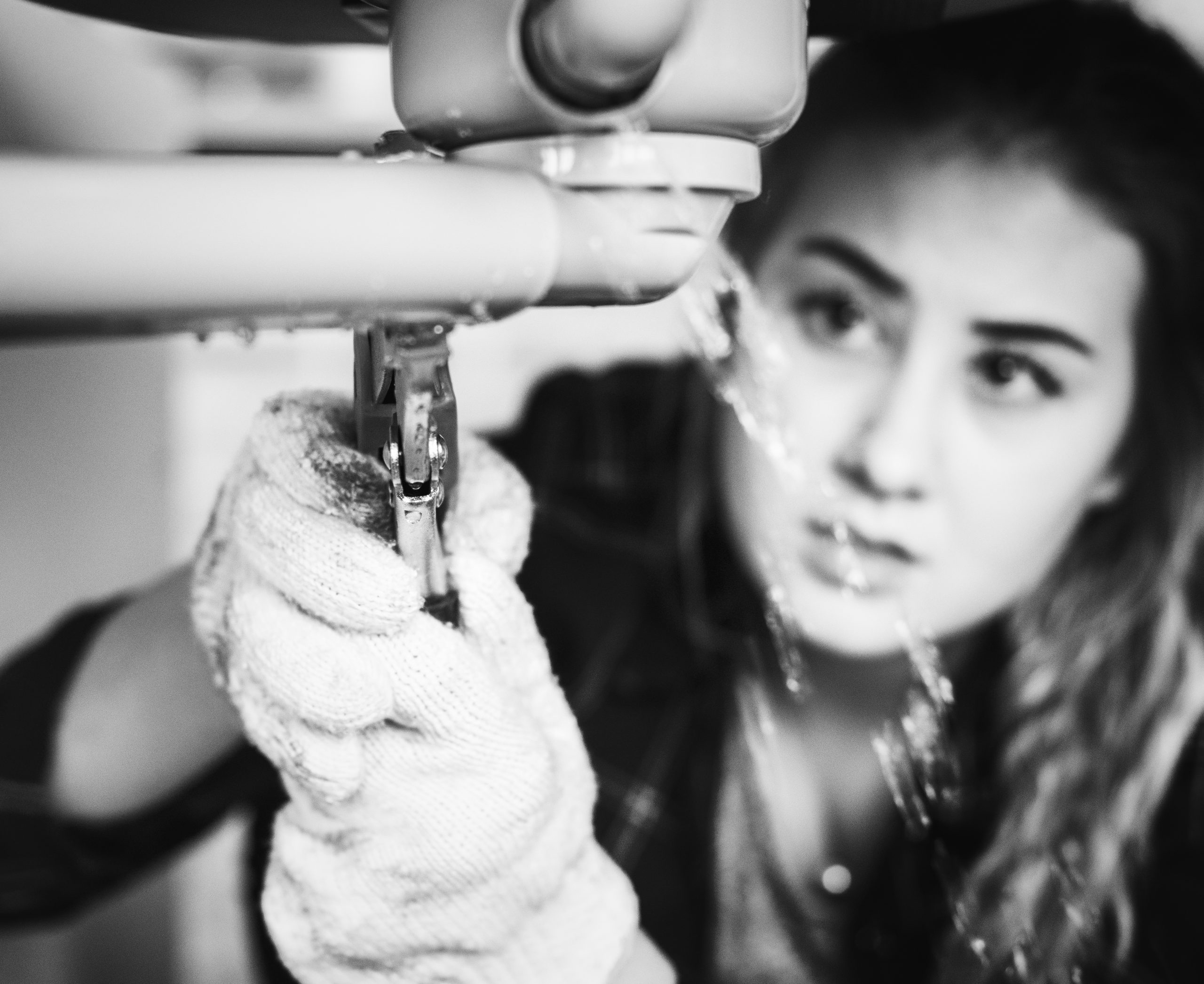Water leaks in your home can be sneaky culprits, silently wasting water and racking up your utility bills. Understanding the common sources of these leaks and identifying them can save significant time, money, and stress for homeowners. This guide will walk you through the common household items that tend to leak and provide practical tips on detecting these issues before they escalate.
Common Household Items That Leak
Faucets and Showerheads
Dripping faucets and showerheads are the most recognizable sources of water leaks. A single dripping faucet can waste gallons of water every day. Over time, this seemingly minor issue can lead to significant water waste and increased utility bills. Regularly check your faucets and showerheads for drips or slow leaks, and promptly replace worn-out washers or seals.
Toilets
Toilet leaks are often silent and can go unnoticed for long periods. A leaking toilet can waste hundreds of gallons of water every day. Common signs of a toilet leak include running water when the toilet hasn’t been flushed, or the toilet tank filling up periodically without use. Adding a few drops of food coloring to the tank and checking if the color appears in the bowl without flushing can help confirm a leak.
Water Heaters
Water heaters can develop leaks as they age, particularly around the base or from the pressure relief valve. These leaks can lead to water damage in your home and reduce the efficiency of your water heater. Regularly inspect your water heater for any signs of leakage, rust, or corrosion.
Washing Machines
Washing machines are another common source of water leaks, especially around the hoses and connections. These leaks can damage your laundry area and adjacent rooms. Inspect the hoses for any signs of wear, such as cracks or bulges, and replace them if necessary. It’s also a good idea to check the connections to ensure they are secure and not leaking.
Dishwashers
Dishwashers can leak due to worn-out seals, faulty pumps, or clogged drains. A leaking dishwasher can damage your kitchen floor and cabinets. To detect dishwasher leaks, run it on an empty cycle and check for any water pooling under or around the appliance.
Refrigerators
Refrigerators with built-in ice makers or water dispensers are prone to leaks. These leaks can occur from the water supply line or the internal components. Check for any water pooling under or behind the refrigerator and inspect the water supply line for any signs of damage. To prevent leaks, regularly clean the drip pan and ensure the defrost drain is clear.
Sinks and Garbage Disposals
Leaks under sinks and around garbage disposals can cause significant damage to your kitchen cabinets and flooring. Loose connections, worn-out seals, or corroded pipes often cause these leaks. Regularly inspect the area under your sinks for any signs of moisture or water damage, and tighten connections or replace seals as needed.
Sprinkler Systems
Outdoor sprinkler systems can develop leaks from broken pipes, faulty valves, or damaged sprinkler heads. These leaks can waste water, increase utility bills, and damage landscaping and foundations. Regularly inspect your sprinkler system for any signs of leaks, such as soggy spots in your yard or unusually high water bills. Repair or replace any damaged components to prevent further issues.
Water leaks in your home can lead to significant damage and wasted resources if left unchecked. By understanding the common sources of leaks and knowing how to detect them, homeowners can take proactive steps to protect their property and health. Regular inspections, maintenance, and prompt repairs can help you avoid the costly consequences of water leaks.
Don’t wait until a small leak turns into a major problem. Start by checking your home for potential leaks today and take the necessary steps to address any issues you find. Remember, a little prevention goes a long way in maintaining the integrity and value of your home.
Need to get in touch with a plumber or handyman? A good source to find companies in your area to help you get taken care of is Angie’s List and Nextdoor. Looking to make a move? I can help you list and sell your home! Contact me at (928) 710-9148.


 Facebook
Facebook
 X
X
 Pinterest
Pinterest
 Copy Link
Copy Link


